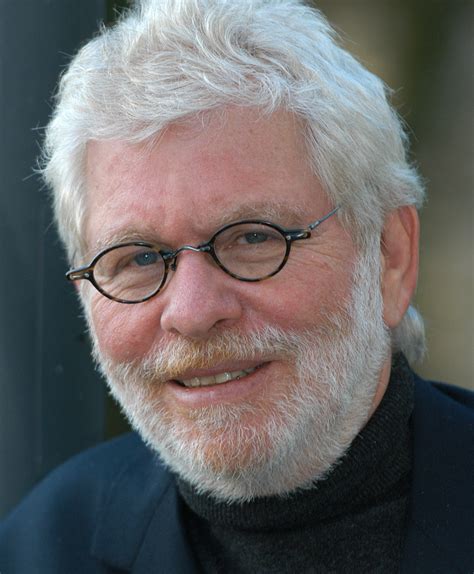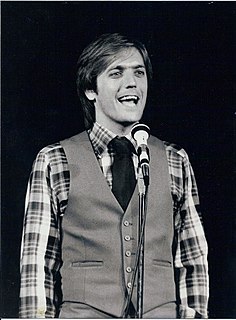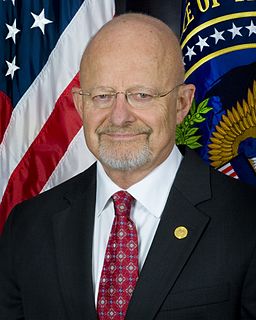A Quote by Richard N. Haass
Trump is the first post-World War II American president to view the burdens of world leadership as outweighing the benefits.
Related Quotes
The thing that should most concern us is a shift in American foreign policy. We have had a bipartisan belief in American foreign policy based on the post-World War II institutions that believed in democratic global world, which Russia and the Soviet Union was often seen as hostile to. And most Republicans and Democrats have always basically believed in this world order. Donald Trump and Vladimir Putin and maybe Marine Le Pen do not agree with this basic structure of the world.
I'm unhappy with the President Trump. I don't like his behavior, and I'm a Republican, and I don't like his policies because they're almost the antithesis of the American character of generosity, of charity, of welcoming, of helping, of taking risks. You think of the lives that were expended in World War I and World War II to help others, and they say now we'll draw up the bridge and we'll protect ourselves. We won't have a broader role in humanity.
Unlike President Obama, I would say that I support the long-standing bipartisan post-war belief that American global strength and leadership secures our national-security interests, and it also promotes order and stability in the world. And it gives us immense influence in the world and deters our adversaries and reassures our allies.
However, there is a fundamental difference between the issue related to Japan's history and our negotiations with China. What is it all about? The Japanese issue resulted from World War II and is stipulated in the international instruments on the outcomes of World War II, while our discussions on border issues with our Chinese counterparts have nothing to do with World War II or any other military conflicts. This is the first, or rather, I should say, the second point.
I think in many ways, the Spanish Civil War was the first battle of World War II. After all, where else in the world at this point did you have Americans in uniform who were being bombed by Nazi planes four years before the U.S. entered World War II? Hitler and Mussolini jumped in on the side of Francisco Franco and his Spanish nationalists, sent them vast amounts of military aid, airplanes, tanks - and Mussolini sent 80,000 ground troops as well - because they wanted a sympathetic ally in power. So I think it really was the opening act of World War II.
The president sets the tone. He creates the atmosphere, and that can be enlightened, progressive, or it can be intimidating, depending on what the president's agenda is. I think the other dimension of this that I worry about is impacts overseas with friends and allies, many of whom are very, very concerned about America's position in the world and whether or not it's going to continue its leadership, which has been the prevalent condition since World War II.
It's important to remember that World War II was experienced very much as a continuity in that sense. Most of World War II in most of Europe wasn't a war; it was an occupation. The war was at the beginning and the end, except in Germany and the Soviet Union, and even there really only at the end. So the rest of time it's an occupation, which in some ways was experienced as an extension of the interwar period. World War II was simply an extreme form, in a whole new key, of the disruption of normal life that began in 1914.








































